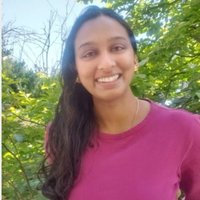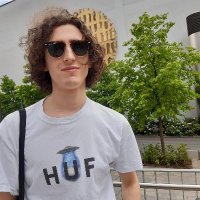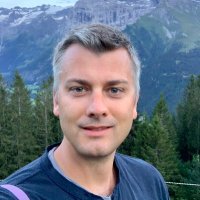
AI4Science Talks
@ai4sciencetalks
Keeping you informed of the latest research advances in AI/ML for Science and Simulations
ID: 1605942040478482432
https://ai4sciencetalks.github.io/ 22-12-2022 15:03:34
98 Tweet
804 Followers
34 Following











📰 blogpost: maxxxzdn.github.io/blog/cscnns.ht… 🕹️ google colab: colab.research.google.com/drive/1M196l6X… I tried to make the blog post more accessible than the paper and added a lot of supporting visualizations. Please check it out if you are curious about spacetime-equivariant CNNs 🚀












